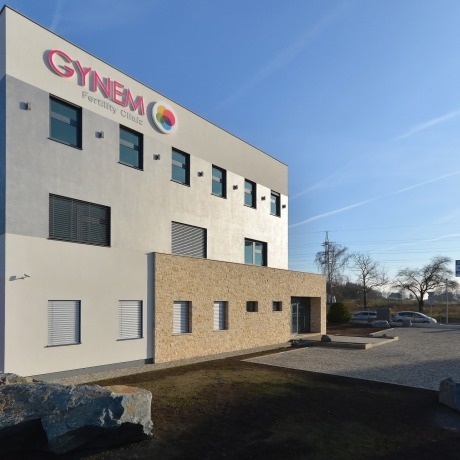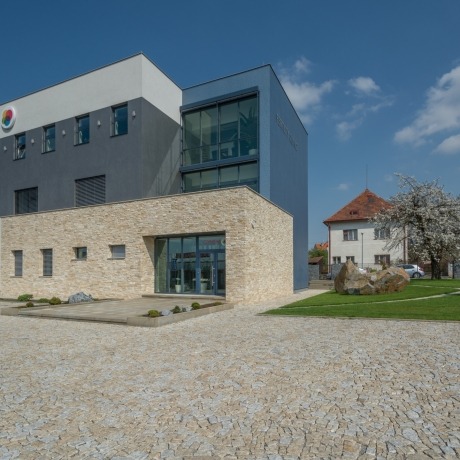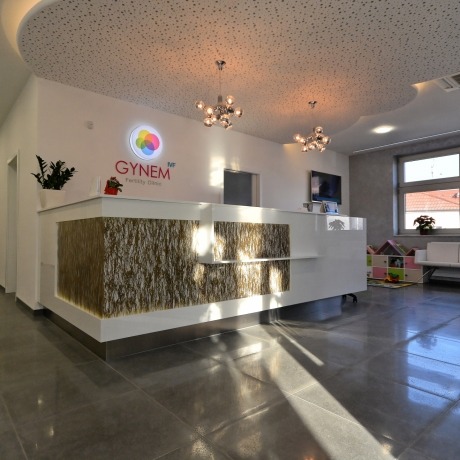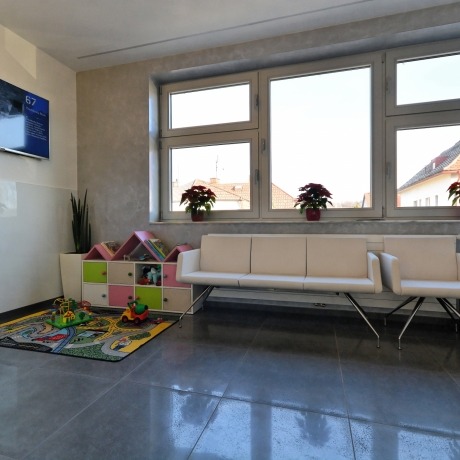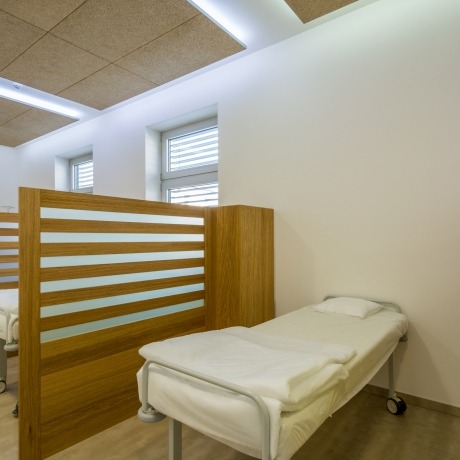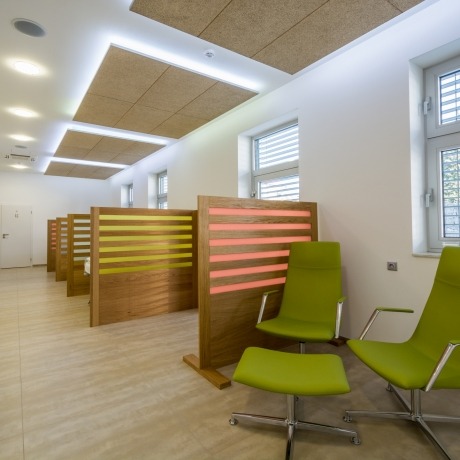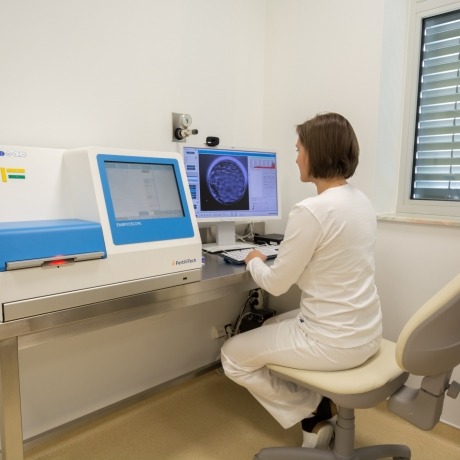Pre-implantation Genetic Testing & Predictive Testing
Our genes play a significant role in our health and the health of our children, so the more we can learn about them the better prepared we can be to deal with any issues they may cause. Modern diagnostic technologies offer an intimate view into the world of our bodies at the genetic level, providing valuable information on heredity, health, and fertility.
These technologies can be highly useful to the couple attempting to have a child through assisted reproduction, giving them the best possible chance at a healthy pregnancy. They enable prospective parents to avoid transferring embryos predisposed to certain hereditary diseases and/or genetic abnormalities, and they can reveal root causes of infertility to help doctors address the problem at the source.
We offer reproductive genetic tests in three categories: pre-implantation genetic testing of embryos, predictive testing for the couple, and endometrial health testing. Here’s a brief overview of each.
PRE-IMPLANTATION GENETIC TESTING
Pre-implantation genetic testing (PGT) checks an embryo for predisposition to hereditary diseases or chromosomal abnormalities. This allows a ‘healthy’ embryo free of such defects to be selected for transfer.
PGT may be indicated when one or both partners carry a single gene mutation that can result in disease for their child or in cases where one or both have a chromosomal rearrangement, known as a translocation, which can lead to chromosomal abnormalities in sperm and eggs. PGT can also be useful to the couple who have experienced multiple failed IVF attempts or repeated miscarriages and in cases where the female is of more advanced maternal age.
PGT requires a biopsy of approximately seven cells. This is taken from a blastocyst-stage embryo that has been cultivated over a five day period and closely monitored using the EmbryoScope® incubation system. Once the tissue sample is harvested, embryos are vitrified for use in a future cycle, after test results have returned.
PGT is considered quite safe. Using a blastocyst (as opposed to an earlier stage embryo) allows the cell sample to be taken from the outer tissue layer of the embryo. This leaves the inner cell mass that will ultimately form the foetus in tact and minimises risk to embryo viability. As for vitrification, it is the safest and most modern form of cryopreservation and has consistently demonstrated outstanding post-thaw embryo survival rates.
PGT comes in three variants: PGT-M, PGT-SR, and PGT-A. Each tests for a different defect and employs next generation sequencing (NGS) technology to rapidly examine millions of DNA fragments simultaneously. A single biopsy is sufficient for performing all three test variants.
PGT-M (FORMERLY PGD)
screens specifically for inherited monogenic diseases, which result from a mutation in a single gene. Blood samples from both parents and a close relative are analysed to create a DNA profile of the chromosome containing the mutation associated with a particular disease. This profile is then used to determine if an embryo carries that mutation.
PGT-SR
detects structural anomalies in chromosomes. This test is especially applicable in cases where a balanced translocation—a type of chromosomal rearrangement—is carried by one or both parents. A balanced translocation, though usually harmless to the carrier, can result in an imbalanced translocation for the child, which can lead to health problems such as impairment of organ function and birth defects.
PGT-A
tests to see if an embryo has the correct number of chromosomes. Aneuploidy, a condition in which an abnormal number of chromosomes is present, has been linked to failed embryo implantation and spontaneous miscarriage, as well a number of birth defects.
PGT-SR and PGT-A (together, formerly PGS) are often performed in concert to provide a more complete picture of an embryo’s chromosomal integrity.
PREDICTIVE TESTING
Whereas PGT looks at the health of the embryo, predictive testing focuses on the genetic makeup of the prospective parents. Sometimes referred to as presymptomatic testing, it is indicated for the couple who wish to discover undesirable genetic predispositions they risk passing on to their children and to diagnose root causes of infertility and pregnancy loss.
PANDA
is a battery of predictive tests that investigates hundreds of DNA variants and mutations in both the male and female. In addition to unveiling inborn triggers of infertility and susceptibility to some of the most common genetic diseases, it can reveal innate tendency towards miscarriage, predict ovarian response to hormonal stimulation, and identify dangers posed by hormone replacement therapy to the woman. Additionally, PANDA can even provide a glimpse into the potential development of a couple’s future embryo.
Blood samples are taken from both partners and sent to an external lab for testing before assisted reproductive treatment begins, with results being returned within a month. Based on these results, a couple’s fertility treatment plan can then be modified to help overcome identified obstacles to pregnancy, while embryos can be checked using PGT-M for any monogenic diseases revealed by PANDA.








